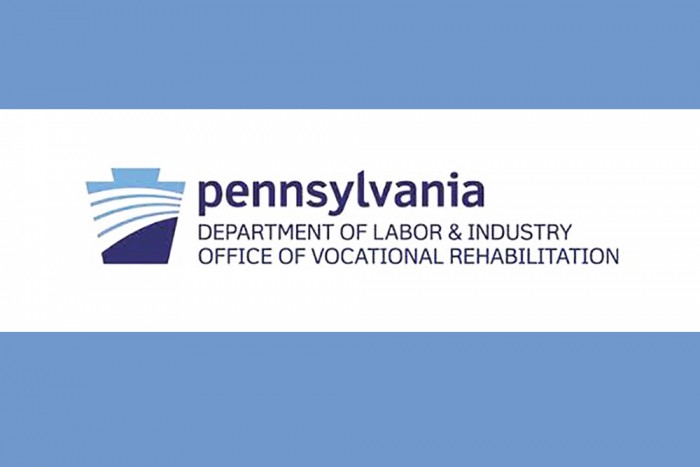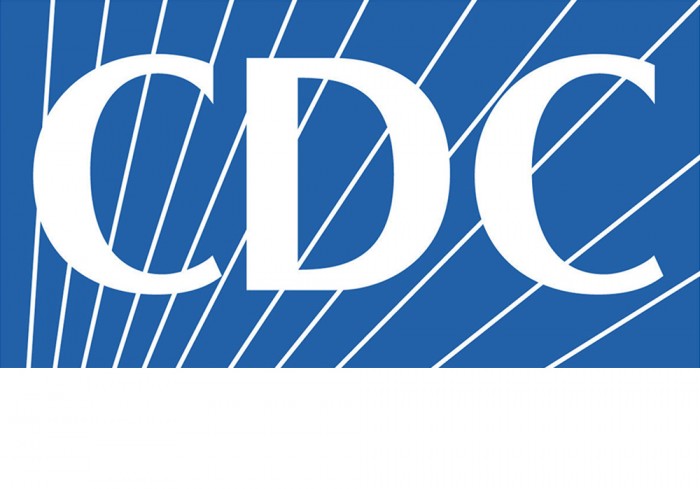The PA Care Partnership, a statewide System of Care grant initiative funded by the Substance Abuse and Mental Health Services Administration (SAMHSA) and the Pennsylvania Department of Human Services (DHS) Office of Mental Health and Substance Abuse Services (OMHSAS), Bureau of Children’s Behavioral Health Services, is pleased to announce the Youth Organization Funding Opportunity for the 2020/2021 fiscal year, through their partner, Youth MOVE PA.
Youth MOVE PA will award up to five (5) counties, youth groups, or organizations for the Youth Organization Funding Opportunity in the amount of $10,000 each, to explore innovative options for providing activities that support youth or young adults with complex behavioral health challenges between the ages of birth–21.
DISCLAIMER
The information contained in this message is to provide the most up-to-date facts concerning Federal, State, and County funding opportunities. RCPA staff may assist our members with researching funding programs/issues and providing basic answers in regards to these programs/issues. RCPA shall not provide its members with specific legal or technical guidance such as providing information or suggestions regarding filling out funding applications and/or carrying out day-to-day business operations. Questions and/or guidance of this nature should be directed to the member’s internal or contracted professionals such as Certified Public Accountants (CPAs), Solicitors, or other applicable legal counsel or professional.
















